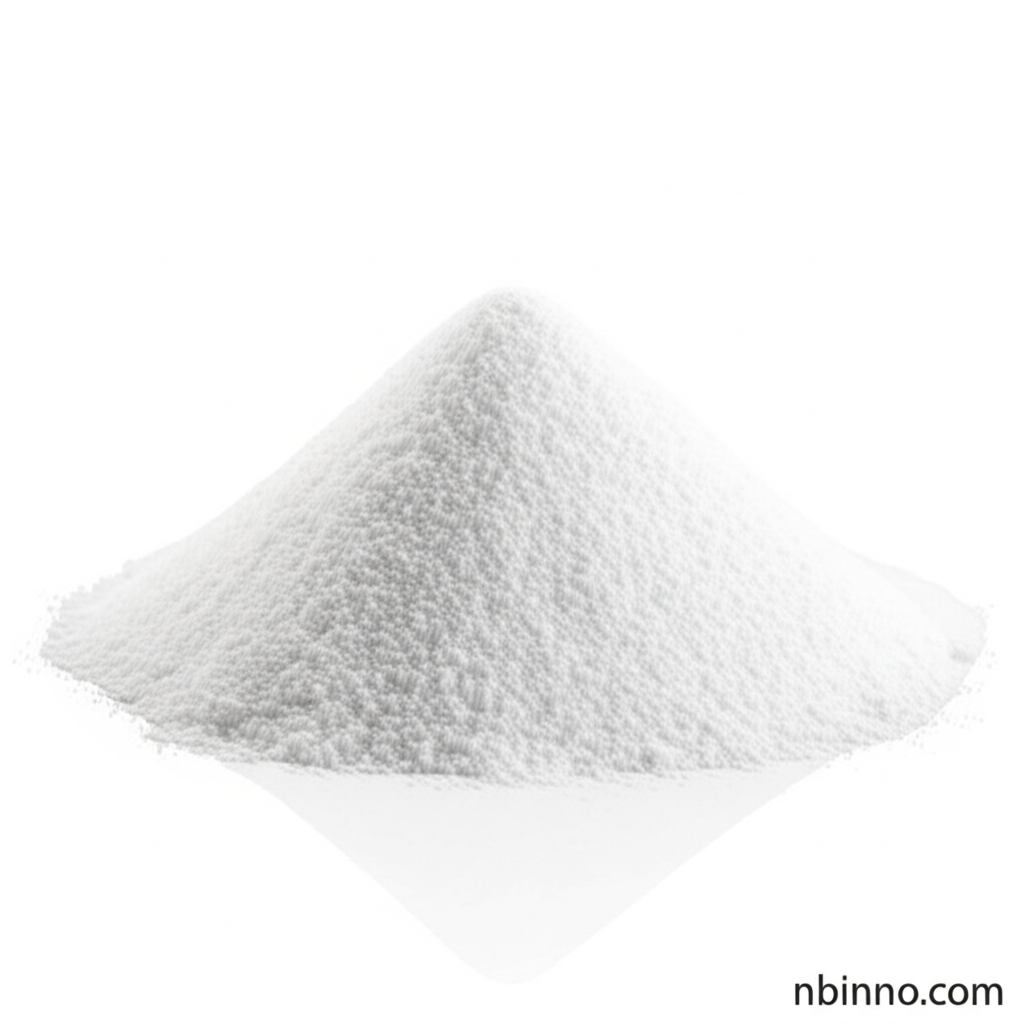Understanding Vitamin B3 (Nicotinic Acid): Benefits, Deficiency, and Applications in Health
Explore the essential role of Niacin in metabolism, health, and disease prevention. Discover its benefits and how to ensure adequate intake.
Get a Quote & SampleProduct Core Value

Nicotinic Acid
Nicotinic acid, also known as Vitamin B3 or niacin, is a vital nutrient crucial for numerous bodily functions, including energy metabolism, DNA repair, and maintaining the health of the skin, nervous system, and digestive tract. It plays a significant role in converting food into usable energy for cells.
- Discover the symptoms of niacin deficiency, including pellagra, and understand the risk factors such as alcoholism and specific medical conditions.
- Learn about the recommended daily intake of niacin and explore a wide range of food sources, from animal-based proteins to plant-based nuts and cereals.
- Investigate the therapeutic uses of niacin, particularly its potential in managing cholesterol levels and its historical significance in public health initiatives.
- Understand the biochemical pathways where niacin, as NAD and NADP, facilitates over 400 cellular reactions essential for life.
Advantages of Niacin
Supports Energy Metabolism
As a key component of coenzymes NAD and NADP, niacin is fundamental in converting food into energy, powering cellular functions and overall vitality.
Promotes Healthy Skin
Niacin helps protect skin cells from sun damage and can improve the appearance and texture of skin, making it a valuable ingredient in skincare.
Aids Digestive and Nervous Systems
Ensuring adequate niacin intake is crucial for the proper functioning of the digestive tract and the nervous system, preventing issues like fatigue and confusion.
Key Applications
Pharmaceutical Industry
Niacin is utilized as an Active Pharmaceutical Ingredient (API) raw material for treatments related to cholesterol management and the prevention/treatment of niacin deficiency.
Nutritional Supplements
It serves as a crucial component in dietary supplements, aiming to boost energy levels, support overall health, and prevent deficiencies.
Food Fortification
Niacin is added to various food products, like cereals and bread, to enhance their nutritional value and prevent widespread deficiencies in the population.
Cosmetic Raw Materials
In skincare formulations, niacin derivatives are used for their conditioning properties, improving skin texture and appearance.
